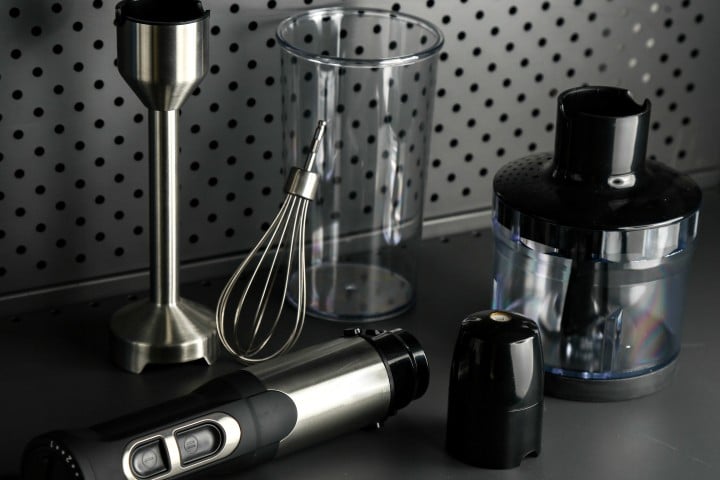Replacing Household Appliances
Household appliances play a crucial role in our daily lives, providing convenience and efficiency. However, these appliances have a finite lifespan, and knowing when to replace them is essential for maintaining a safe and functional home. Recognizing the signs that indicate an appliance is nearing the end of its usefulness can help prevent inconvenient breakdowns and potential hazards.
For instance, washing machines typically last about 10 years. When your washer starts leaking water, fails to fill or drain properly, or begins to shake excessively and make loud noises, it’s a clear indication that it’s time for a replacement. These issues suggest that the internal components are wearing out, and continuing to use the machine can lead to more significant problems.
Similarly, dryers have an average lifespan of 13 years. If you notice burning smells, abnormal odors, or if your clothes remain damp after a drying cycle, it’s a sign that the heating element or sensors may be malfunctioning. Excessive noise during operation also suggests that the motor or drum rollers are worn out, and replacing the dryer is often more cost-effective than repairing it.
Dishwashers, which generally last around 9 years, should be replaced when they no longer heat water effectively, leave dishes dirty, or have a faulty door latch. These issues can compromise the appliance’s efficiency and hygiene, making it necessary to invest in a new unit.
Microwaves, with a lifespan of 10 to 12 years, should be replaced if they emit sparks or smoke, have a non-functional keypad, or fail to cook food properly. These signs indicate electrical problems or failing internal components, which can pose safety risks if not addressed promptly.
Refrigerators, essential for food preservation, typically last 10 to 12 years. When your refrigerator struggles to maintain adequate cooling, causes food to spoil quickly, or becomes hot to the touch at the back, it’s time to consider a replacement. Persistent condensation on the exterior also signals inefficient seals or cooling issues.
Ranges, including stoves, burners, and ovens, usually serve for 10 to 15 years. Broken heating elements, uneven oven heating, and non-operational control panels are clear signs that your range is no longer reliable and should be replaced to ensure consistent cooking performance.
Even smaller appliances like coffee makers or espresso machines have a finite lifespan, usually around 5 years. If your machine starts leaking, fails to heat water adequately, or has a broken pump, it’s time for a new one to enjoy your coffee without interruptions.
Furnaces, essential for maintaining comfortable indoor temperatures during colder months, typically have a lifespan of 15 to 20 years. When a furnace begins to show signs of wear, such as producing strange noises, emitting unusual odors, or failing to heat your home adequately, it may be time to consider furnace repairs or a replacement. Inconsistent heating, frequent cycling on and off, and increased energy bills are also indicators that your furnace is not operating efficiently. Addressing these issues promptly through professional repair can restore its performance and ensure your home remains warm and safe.
Understanding the typical lifespan and warning signs of household appliances can help you plan for replacements before they fail completely. Regular maintenance can extend their usefulness, but being proactive about replacing aging appliances can prevent inconvenient and potentially dangerous situations. Investing in new appliances ensures that your home remains safe, efficient, and comfortable.
We hope you found this blog post on When To Replace Household Appliances, useful. Be sure to check out our post on Modern Home Appliances: Lifestyle Choices with Efficiency for more great tips!
Have Experience in the Moving Industry? Want an Additional Income Stream? Work With All Around Moving!
Partner with All Around Moving & join the Work With Us program. We will help you make money arranging professional moving services, by establishing your own moving consultant business operation. Click here to learn more.







